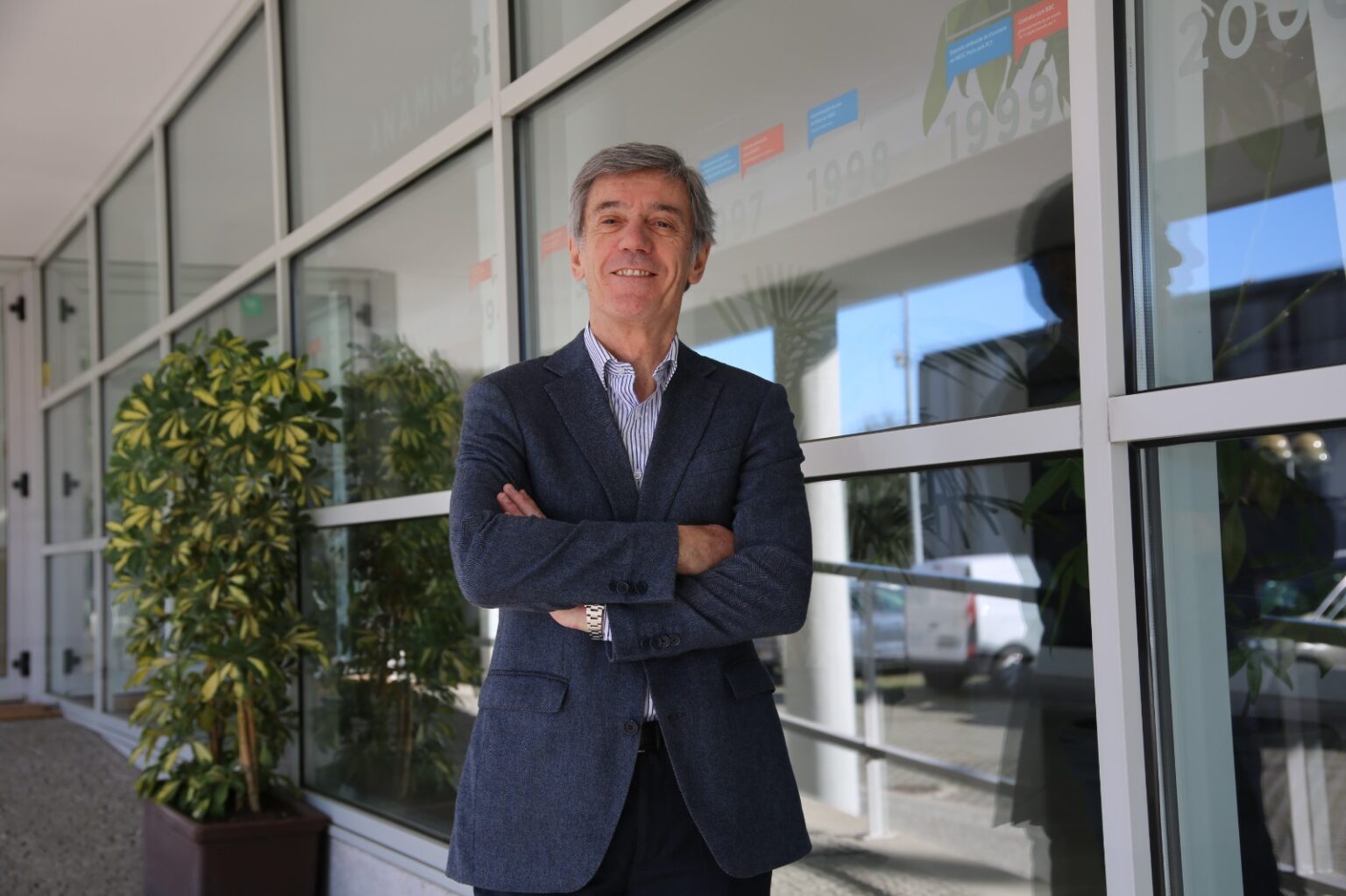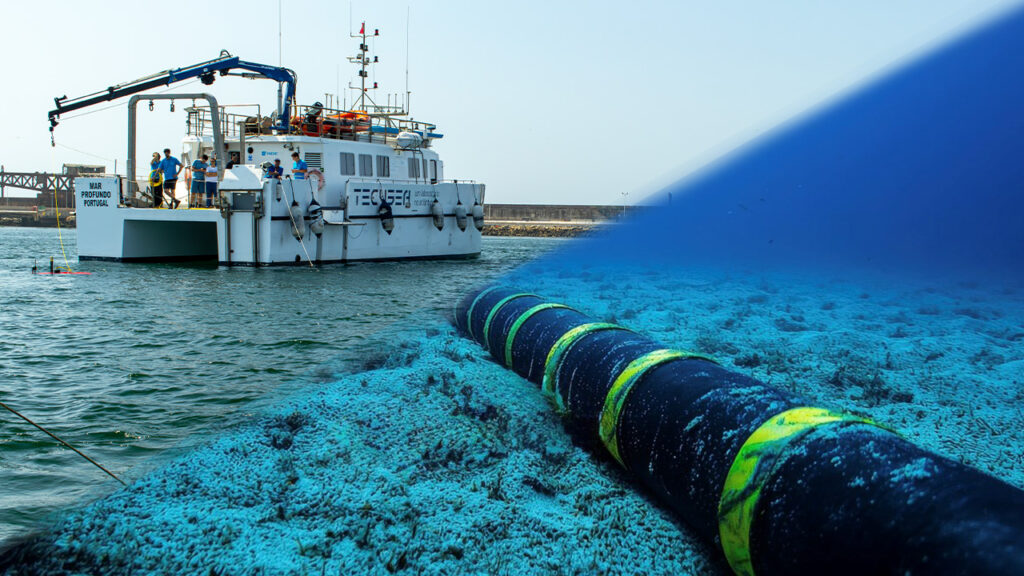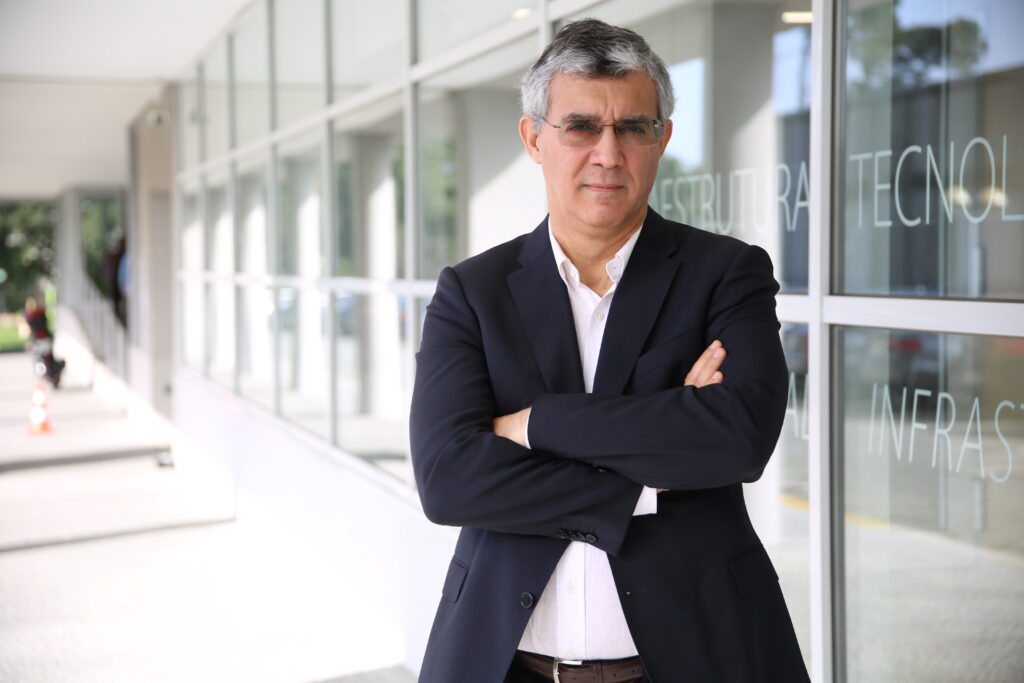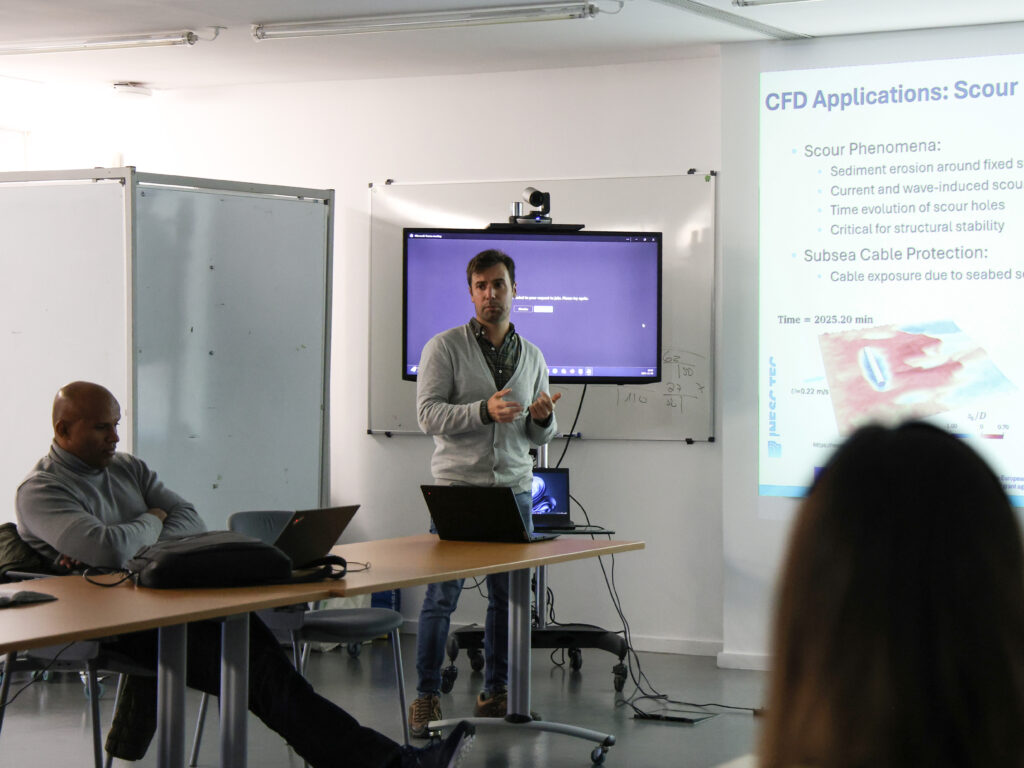Oceans that separate and unite countries and continents. Oceans that were once conquered by the Portuguese, building their greatest epic not only through scientific method and technology, but also through strategy, planning and boldness. Oceans that are a unique resource for the interactions that support world trade, the carbon capture and climate regulation, food, energy, tourism, sport, and leisure. Oceans at the heart of human life and economic and social development.
And yet, oceans are used as a dumping ground for the waste we pour into rivers, for cleaning oil tankers; we fill the oceans with plastics that kill marine life, pollution which destroys corals — always trusting that they are so vast and so robust that they can endure everything. There are even those who refuse to accept the evidence, the facts, the numbers, denying even the science that has been the foundation of our economic and social development to levels never before imagined, in order to avoid recognising that we must protect the oceans so that they may continue, generously, to provide us with all that they give.
For Portugal, with its vast Exclusive Economic Zone in the Atlantic, the ocean is a challenge, an opportunity that has long been postponed — perhaps because it is indeed too vast and demanding, carrying risks, requiring knowledge, investment, planning, and strategy. But was the challenge not far greater, and the risk far higher, when the Prince born on the banks of the Douro in 1394 established the Escola de Sagres [Nautical School] and persuaded the King to embark upon maritime expansion — our nation’s most brilliant achievement?
Building on more than three decades of academic research, and more intensely over the past decade on close collaboration with companies in national and European projects, INESC TEC is now leading a strategic initiative to strengthen the entire ecosystem in the field of Ocean Research & Engineering.
With both European and national funding, and in a consortium that includes partners such as APDL – Douro, Leixões, and Viana do Castelo Ports Authority – and Fórum Oceano – the Portuguese Cluster for the Blue Economy –, together with SINTEF Ocean from Norway, a world-leading institution in the maritime field, INESCTEC.OCEAN aims to achieve a qualitative and quantitative leap in brainware, businesses, laboratories, and onshore and offshore technology test sites.
The multidisciplinary expertise in areas such as offshore energy, marine robotics, ocean structures and data – supported by advanced technologies in computing, communications, photonics, sensing, and more – will be key to delivering impact across multiple projects and initiatives in the ocean domain over the coming decade.
Several value chains of strategic interest for Portugal and Europe are being addressed, ranging from offshore energy and environmental impact monitoring to ocean aquaculture and port digitalisation, through to marine bioprospecting. Areas such as the security and resilience of critical infrastructures – including submarine energy and telecommunications network cabling – are also encompassed.
We know that Portuguese caravels were inspired by the ships that crossed the Mediterranean and the Viking vessels from Northern Europe, transformed into craft capable of sailing the vast open oceans such as the Atlantic and the Pacific. It is with the same spirit of openness to learning that INESCTEC.OCEAN undertakes this journey with SINTEF Ocean, a European and global leader in ocean engineering.
José Manuel Mendonça, INESCTEC.OCEAN Coordinator and INESC TEC Director






